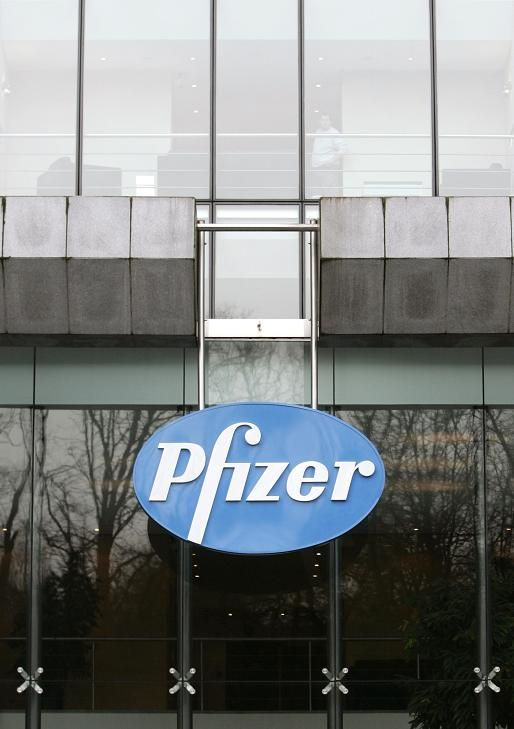FDA Issues New Heart Warning For Z-Pak

A common antibiotic prescribed through the world has come under new scrutiny with the FDA releasing a new warning that usage may carry heart risks.
The drug, azithromycin, and sold as Z-Pak, Zithromax or Zmax is usually prescribed for bacterial infections of the skin, ears, lungs, sinus infections, throat infections (including Strep) and infections in reproductive organs. Recent evidence has shown that the medication can interfere with the electrical signals that power the heart and upset the synchronization of beating which could lead to fatal complications.
"Health care professionals should consider the risk of fatal heart rhythms with azithromycin when considering treatment options for patients who are already at risk for cardiovascular events," the FDA said in a statement.
The FDA warns that suggests that elderly patients who have arrhythmias, low blood levels of potassium or magnesium or have irregular heart rates are at high risk for adverse reactions and heart issues.
The reason for the statement relates to a study published in the New England Journal of Medicine 10 months ago. The findings in the research study indicated that there was an increase in cardiovascular related deaths in people treated with Zithromax compared to other antibiotics, or patients that used no antibiotics at all.
"Patient safety is of the utmost importance to Pfizer and we continuously monitor the safety and efficacy of our products to ensure that the benefits and risks are accurately described in the product label, as approved by the FDA," Pfizer said in an email statement to ABCNews.com. "Zithromax (azithromycin) has had a well established benefit risk profile for more than twenty years and continues to be an effective treatment option for patients all over the globe suffering from many types of bacterial infections. "
Zithromax is not the only antibiotic that can be used for certain bacterial infections, but the FDA warned that those may carry risks as well and that it was important to discuss any worries or potential signs of a cardiac event, such as irregular heartbeat, shortness of breath, dizziness or fainting.
Published by Medicaldaily.com



























